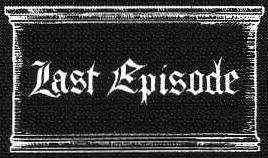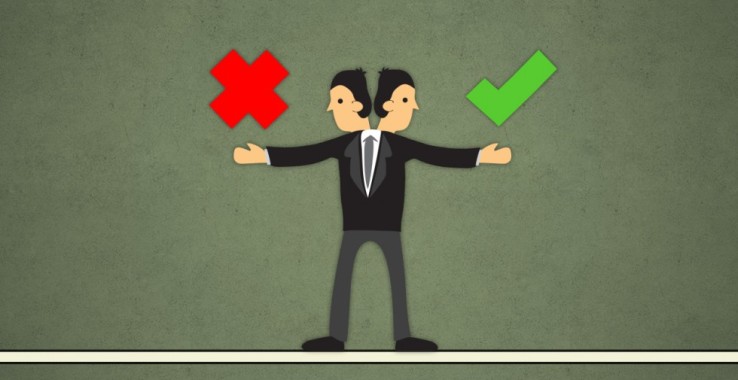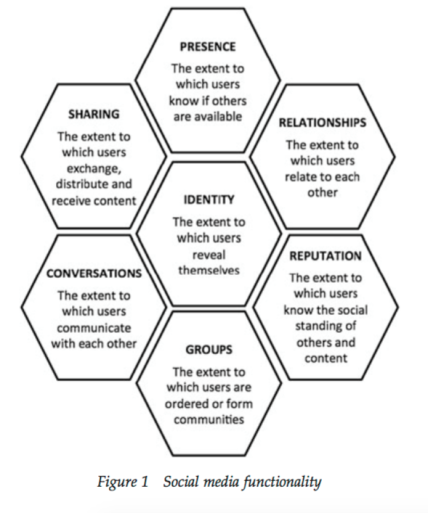
Final episode.
Source
This is it, the final post of the module. Honestly, it was a joy ride through this module because of it’s informal style and we are free to be as creative as possible when writing an entry. I can also stay at home to do it, what more can I ask for?
Anyway, below is a table of my digital literacy. Too wordy? Scroll below for a quick glance.
Continue reading →









